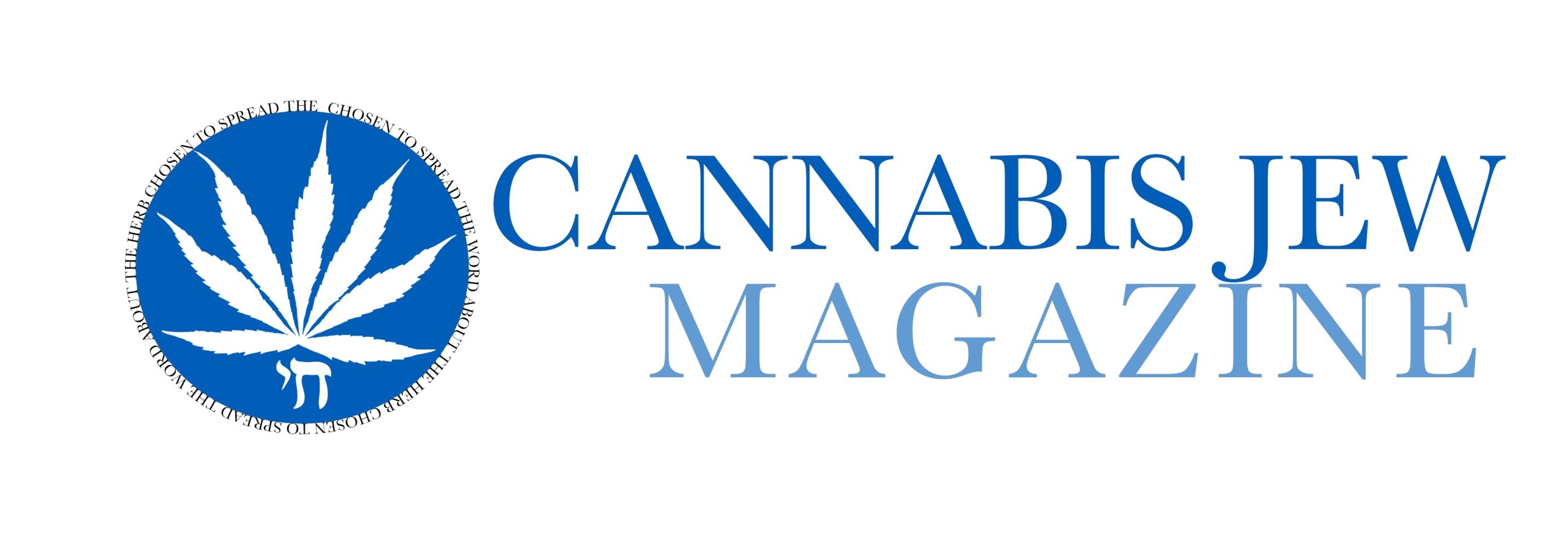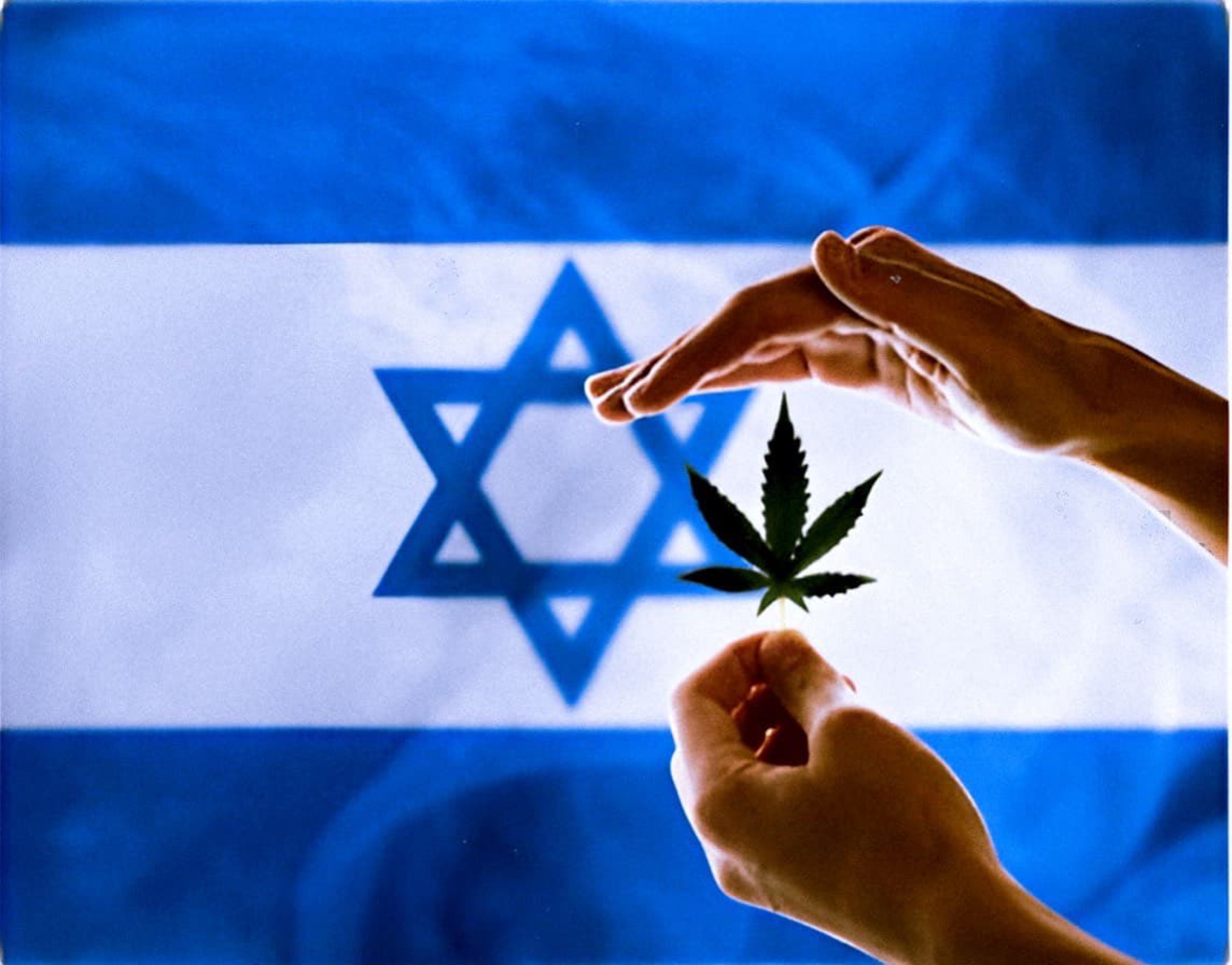After the murder of George Floyd in 2020 and the international protests against anti-Black racism, there was a real reckoning among White Americans and Canadians about the need to take seriously (rather than deny) their own implicit bias against Black people, and examine how it regularly informs many of their habits and choices.
I wish the Hamas massacre, kidnapping and mass rape of Jews on 07 October had inspired a similar reckoning about anti-Jewish bias instead of a global resurgence of antisemitism and anti-Jewish violence (antisemitic attacks now constitute 53% of reported hate crimes in Canada, and have increased 361% in the US).
The absence of any such reckoning about how non-Jews imagine, speak about, and implicitly judge Jews is particularly troubling in relation to the medical cannabis industry, which—as I’ve pointed out—owes its existence to Israeli innovation and Jewish values.
To respond to our crisis and the needs of Jewish consumers and professionals in the cannabis sector, Cannabis Jew Magazine is currently offering space in our Directory of Jewish-friendly cannabis companies launching in March 2024. You can schedule a meeting to learn more about expressing solidarity with the Canna-Jewish community through inclusion in the CJM Directory, available only to subscribers.
I imagine that many who read this may be thinking what non-Jews say to me all the time when I broach the problem of anti-Jewish bias in the cannabis sector: “Anti-Jewish bias? But there are so many Jews in cannabis.”
In truth, I never know if someone says this as a complaint or as an observation, but it always makes me uncomfortable because the observation—apart from any understanding of Jewish history and culture—is a potent source of implicit, anti-Jewish bias.
For if you work in the cannabis industry and don’t know that cannabis has always played a role in Jewish medicinal and spiritual practice, then you cannot speculate about why Jews are drawn to the cannabis sector and will most likely assume that “Jews own the industry,” even if you would never say it out loud. (On the other hand, Neo-Nazis believe that the Jewish history of cannabis research is part of our “plan for world domination.” To their credit, they can quote Dylan: “Everybody Must Get Stoned”). 
It’s also important for cannabis professionals to know a little something about Jews to understand that we are an ethnic minority, and concerns about equity, diversity, and inclusion pertain to Jews as well. The failure to grasp this is a very real problem, as indicated by the fact that every group that advocates for minorities in the cannabis sector almost entirely ignores or excludes mention of Jews and the needs of Jewish consumers (e.g. kosher cannabis).
I’ve previously written about why There are No ‘White Jews,’ but the judgment of Ashkenazi Jews and light-skinned Israelis as “White” helps to explain why antisemitism is not taken as seriously as anti-Black racism, and why, in the words of British comedian David Baddiel, it “doesn’t count” as a type of racism at all.
It’s helpful to think about it like this: do you know of any other “White” group of people who are blamed when they are murdered, and blamed for being targeted and victimized by hate crimes —again and again? Jews live with a lot of fear about how hard it is for so many gentiles to feel empathy for us, to feel our pain when we are attacked for being Jews.
One indication that the cannabis industry has a problem with Jewish representation is the fact that Cannabis Jew Magazine is the only Jewish voice in the cannabis press, and the ancient Jewish relation to cannabis is more or less unknown to most cannabis consumers.
If mainstream cannabis culture paid more attention to the Jewish use of cannabis, then I think it would be easier to appreciate how and why the Jewish tradition is so different from the Christian or Anglo tradition of thought and why—as a people—we’re actually really dope. And love peace.
Another indication that the cannabis industry has a problem with anti-Jewish bias is that the cannabis expos I’ve attended in Canada have not made room for Jews on their diversity panels. Recently I’ve been wondering if any of the upcoming cannabis expos would make room for a panel on the medical cannabis needs of Israelis, or the increased vulnerability of Jewish communities after 07 October.

If it doesn’t even occur to those who organize them to have a serious conversation about it—given that Israel is one of the leading global markets for medical cannabis—it’s another indication that the cannabis industry has some anti-Jewish bias to examine.







